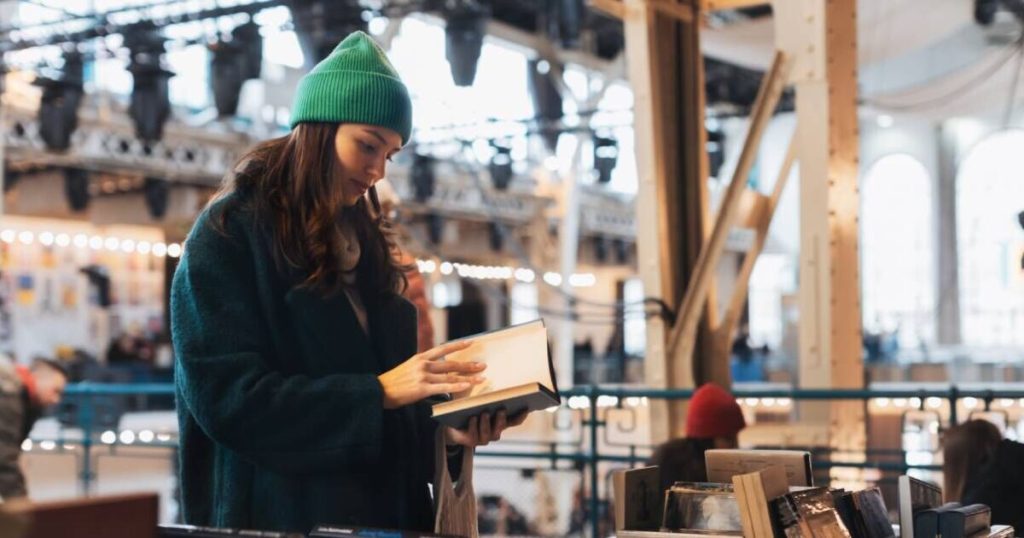
A survey of 4,000 individuals has found that those aged between 18 and 27 plan to reduce their purchases of brand new items by 32% over the next two years.
The study revealed that a third of Gen Z’s possessions are already second-hand, with 40% stating they experience more joy from finding pre-owned items than buying new ones.
Over a third (32%) believe the quality of second-hand goods matches that of new items, while 36% are keen to lessen their environmental footprint.
Millennials, aged 28 to 43, also show a growing interest in pre-loved items, intending to decrease their new purchases by 37% in the coming two years. And, it’s not just them; one in 10 Boomers are also inspired to follow suit.
Sam Littlejohn, head of returns and repairs at Amazon, which commissioned the survey, commented: “It’s great to see people actively planning to purchase non-new items even more in the future.
“The second-hand economy is growing quickly, and as Christmas approaches, we expect to see a big uptick in people searching for refurbished or pre-loved items for their friends and family members. Plus in many cases gifting this way means they can afford items that otherwise could have been out of their price range.”
The most sought-after second-hand items include personal tech, fashion accessories and home or kitchen gadgets, according to research. While 30% of Gen Z prefer receiving second-hand gifts such as vintage records, retro clothing or antique furniture.
A third of Gen Z prefer giving pre-loved or refurbished gifts, with 43% considering them more thoughtful, unique or romantic.
The idea of having a cherished item repaired or restored as a gift was also popular, with the study revealing it’s more appreciated by Gen Z than receiving expensive perfume or ostentatious presents intended for social media display.
To source quality second-hand or refurbished items online, 17% of Gen Z trust advice and recommendations from social media influencers, compared to just 3% of Gen X.
Sam further noted: “It’s clear that pre-loved and refurbished gifts are celebrated as much for their quality as their uniqueness. This is reflected on our store – with sales of second-hand goods in the UK rising by 15% over the past two years alone.
“As this trend continues, we expect to see it become a staple part of how people think about gifting, adding a new layer of meaning to special occasions.”
Meanwhile, 23% of Boomers maintain a clutter-free home by adhering to a ‘one-in-one-out’ policy; donating or selling existing items to make room for new acquisitions.







